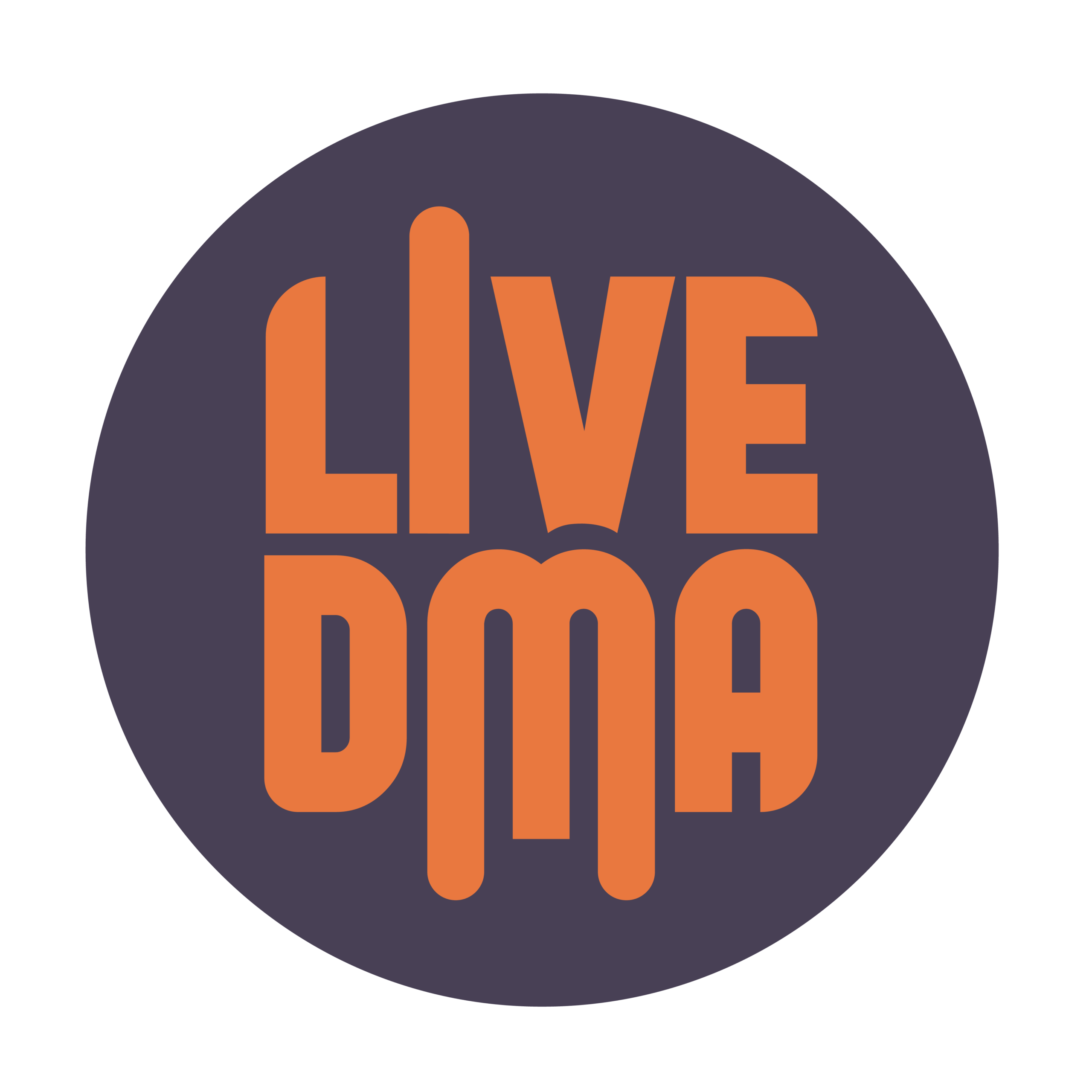“It’s really important for us to be at the forefront on the sustainability and inclusion questions, to inspire others and help with all these things. If we don’t have a sustainable future, we may not have a future at all.”
Communication Officer
-
20th & 21st of May 2019, Ancienne Belgique, Brussels Together with 100 representatives from the European music sector, Live DMA participated at the dialogue with the European Commission about Music Moves Europe. Tamás Szucs, new director of DG EAC, opened this two days session by directing the dialogue towards a diverse, sustainable and competitive music…
Read»
-
Live DMA takes part in Culture Action Europe advocacy letter to the president of the European Council Donald Tusk. We ask to “include culture and live music as an intrinsinc part of Europe’s future”. As Culture Action Europe explains: “At his 2017 State of the European Union address, President Juncker unveiled a roadmap detailing the…
Read»
-
Creative Lenses is a project coordinated by Trans Europe Halles, European network or cultural centres. Co-funded by the Creative Europe Programme of the European Union, the project aims to make arts and cultural organisations more resilient and sustainable by improving their business models and developing their long-term strategic and innovation capacities. This case study focuses…
Read»
-
In April 2018, the Catalan Parliament decided to expand the “Cases de la música” programme. Besides programming live music, these labelled venues have also other functions: they support artistic creation and they provide training, both to professional and amateur musicians. These organisations also have an important educational mission that aims to incite as much participation…
Read»
-
In this 6th Live Style Europe radio show: April’s LSE podcast focused on two campaigns run by Live DMA: The 2019 European Parliamentary elections’ campaign, for which Live DMA has prepared an advocacy plan to raise awareness among European officials on the particularities of the sector, based on the principles defined in the 2005 UNESCO…
Read»
-
Live music venues and clubs lay the ground for an abundant artistic scene that we cherish as our European heritage. The diversity of the music stages, everywhere in Europe, gives thrilling opportunities for music encounters between people. They are the music sector’s foundation when it comes to artistic creation and the development of new talents.…
Read»
-
Live DMA’s 2019 EP elections statement As part of the Live DMA 2019 EP elections’ campaign, we released a statement aimed at MEP candidates and policy-makers. This advocacy tool for live music venues, clubs and festivals asserts the values and goals shared by our network and affirms our position as stakeholder for the live music…
Read»
-
At the occasion of MIL – Lisbon in March 2019, Live DMA met a delegation of music venues and clubs from Portugal. On behalf of Live DMA board members, we would like to applaud the on-going process of gathering voices and strengths of the participants to set up a national association for music venues and…
Read»
-
Yourope, association gathering nearly 100 festivals and live music events in 26 European countries, published the results of their 2018 members survey. This survey investigates the general setting of their member festivals, gives insight on the events’ audiences, explores their European dimension, and analyses the structural and economic settings of their member festivals. Key facts…
Read»
-
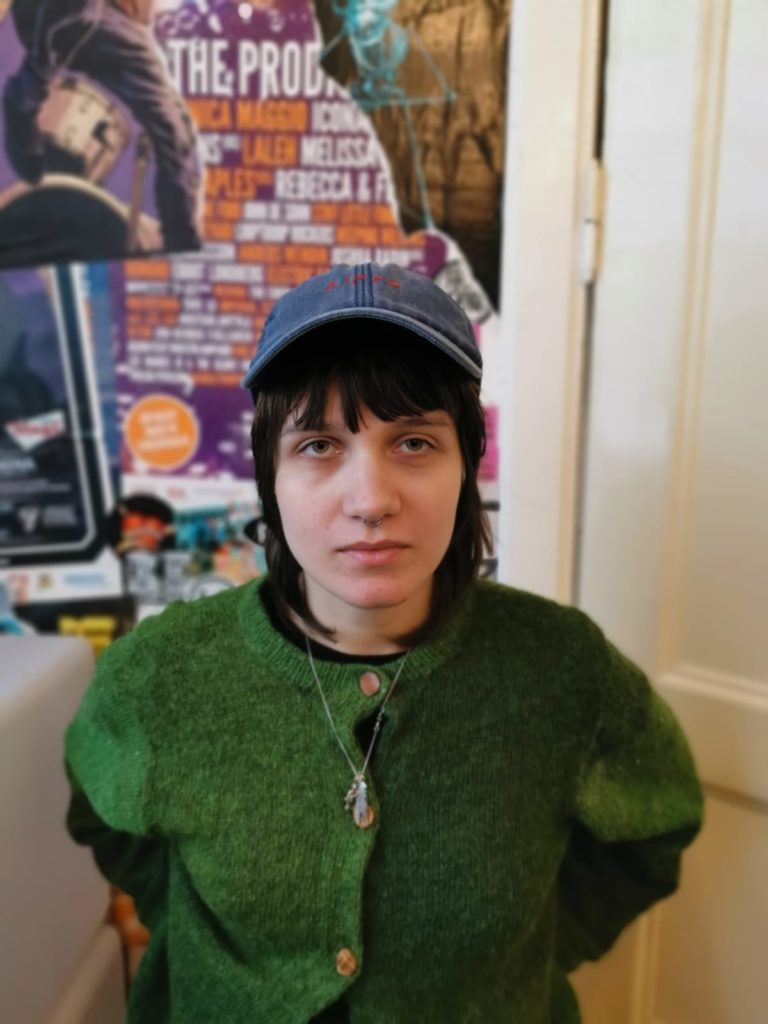
-
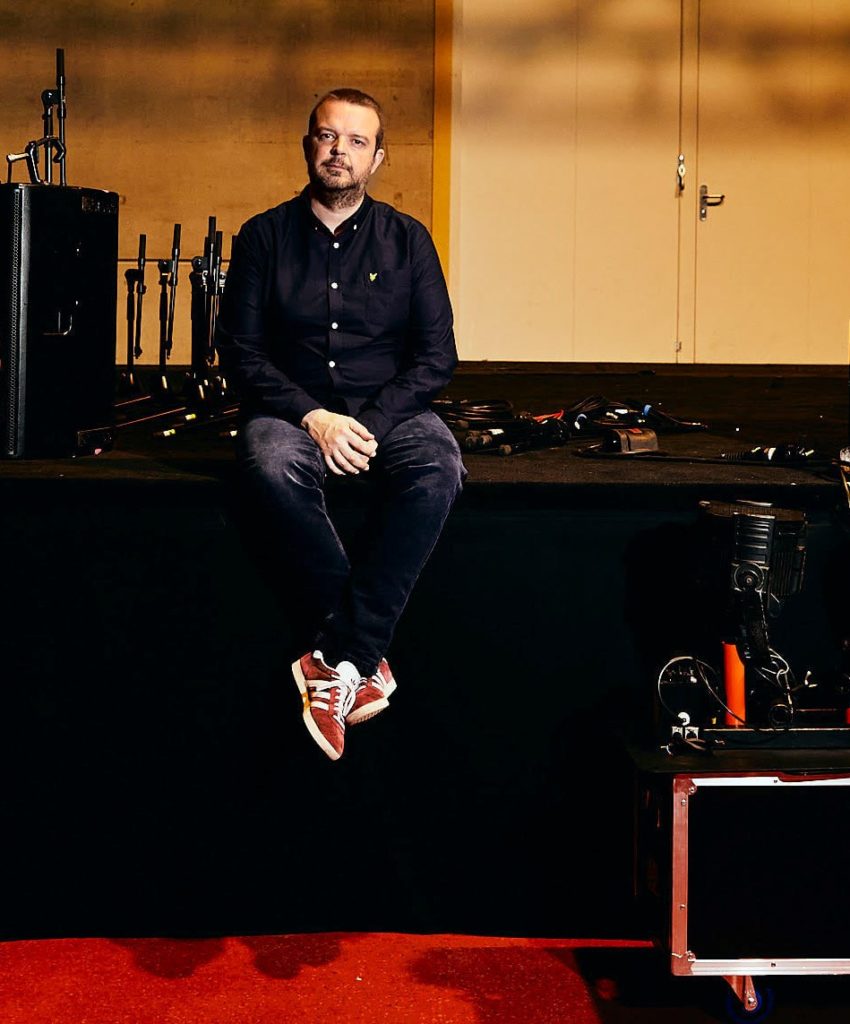
“It’s all about sharing and cooperation!”
-
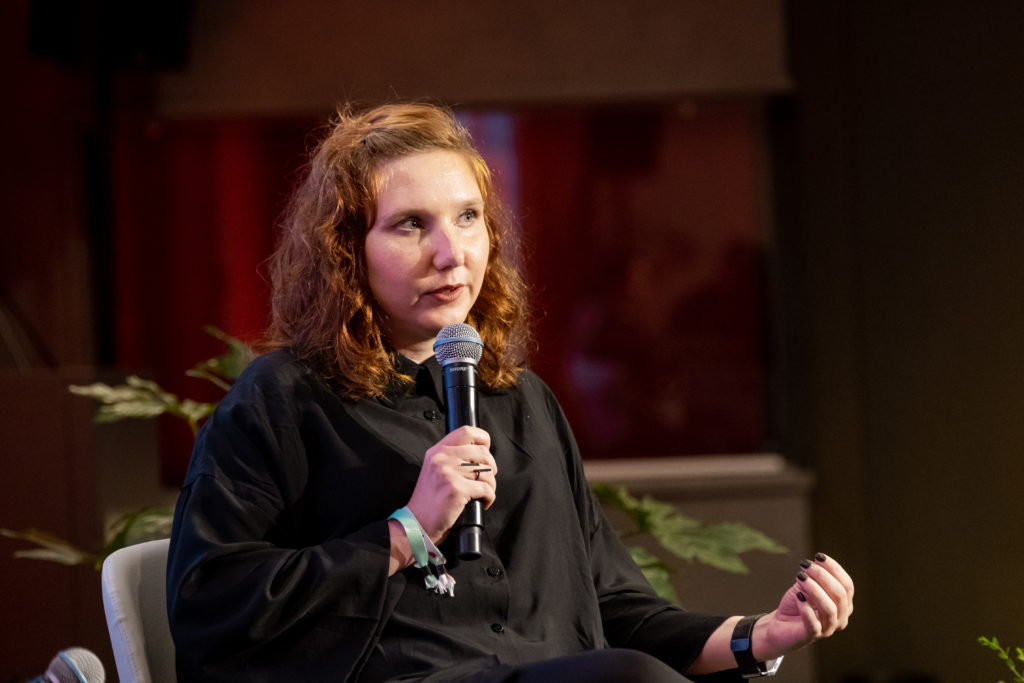
“We need organisations like Live DMA to support our activities. During COVID, it was important to have Live DMA meetings so that we could learn what was going on in the other countries, and that was very helpful when it came to the lobby work on the local level”
-
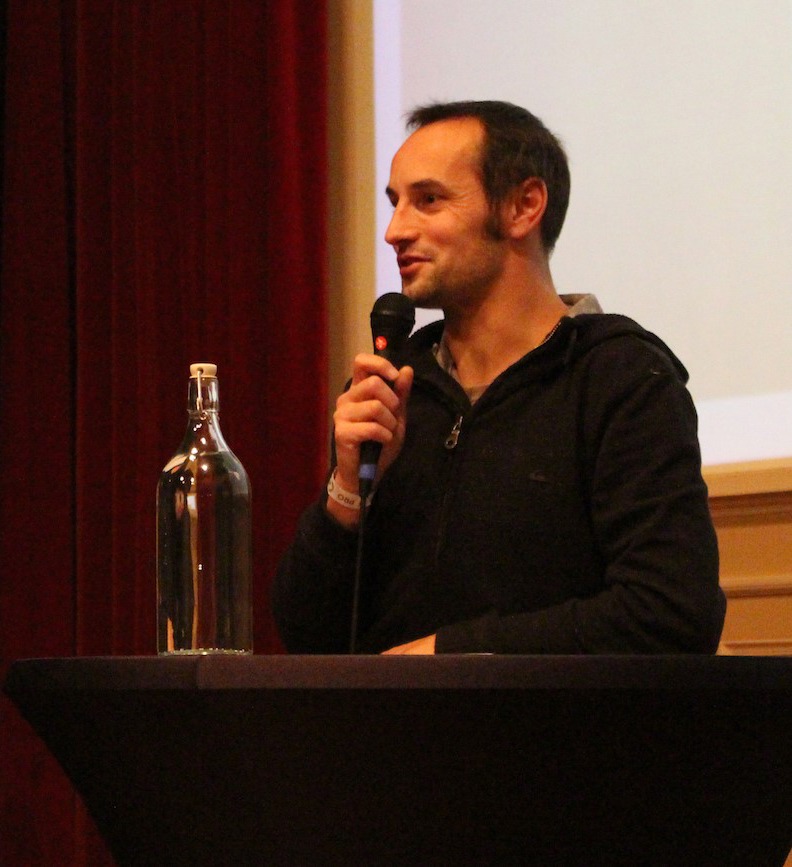
“We have been celebrating the 10th anniversary of Live DMA, a network which was created in 2012 by venue networks from all over Europe. The purpose was to share knowledge and skills with each other, and to set up common projects, and I think we’ve succeeded in doing that!”
-

“I learned to collect and process data with good quality, and also I learned the importance of data to start a dialogue with institutions. Good data gave ACCES a lot of recognition”
-

ʻʼThanks to Live DMAʼs Survey, we showed our government that the more a venue is subsidized, the more money they generate. The Ministry of Culture had little knowledge of our sector. So to present these figures from different European countries was crucial in re-valorising our subsidies.”
